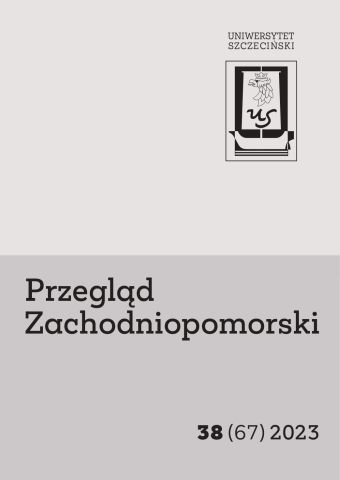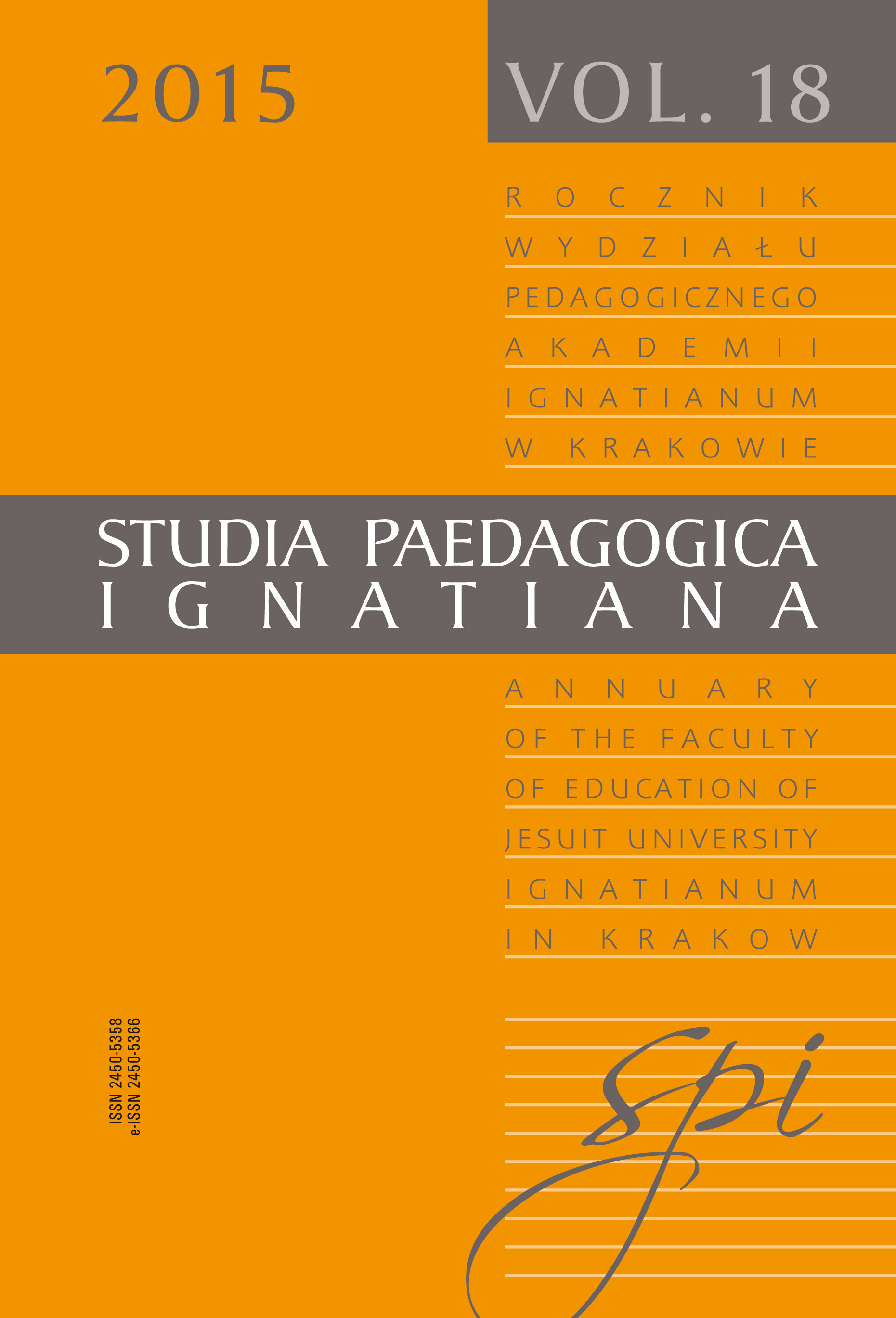
We kindly inform you that, as long as the subject affiliation of our 300.000+ articles is in progress, you might get unsufficient or no results on your third level or second level search. In this case, please broaden your search criteria.

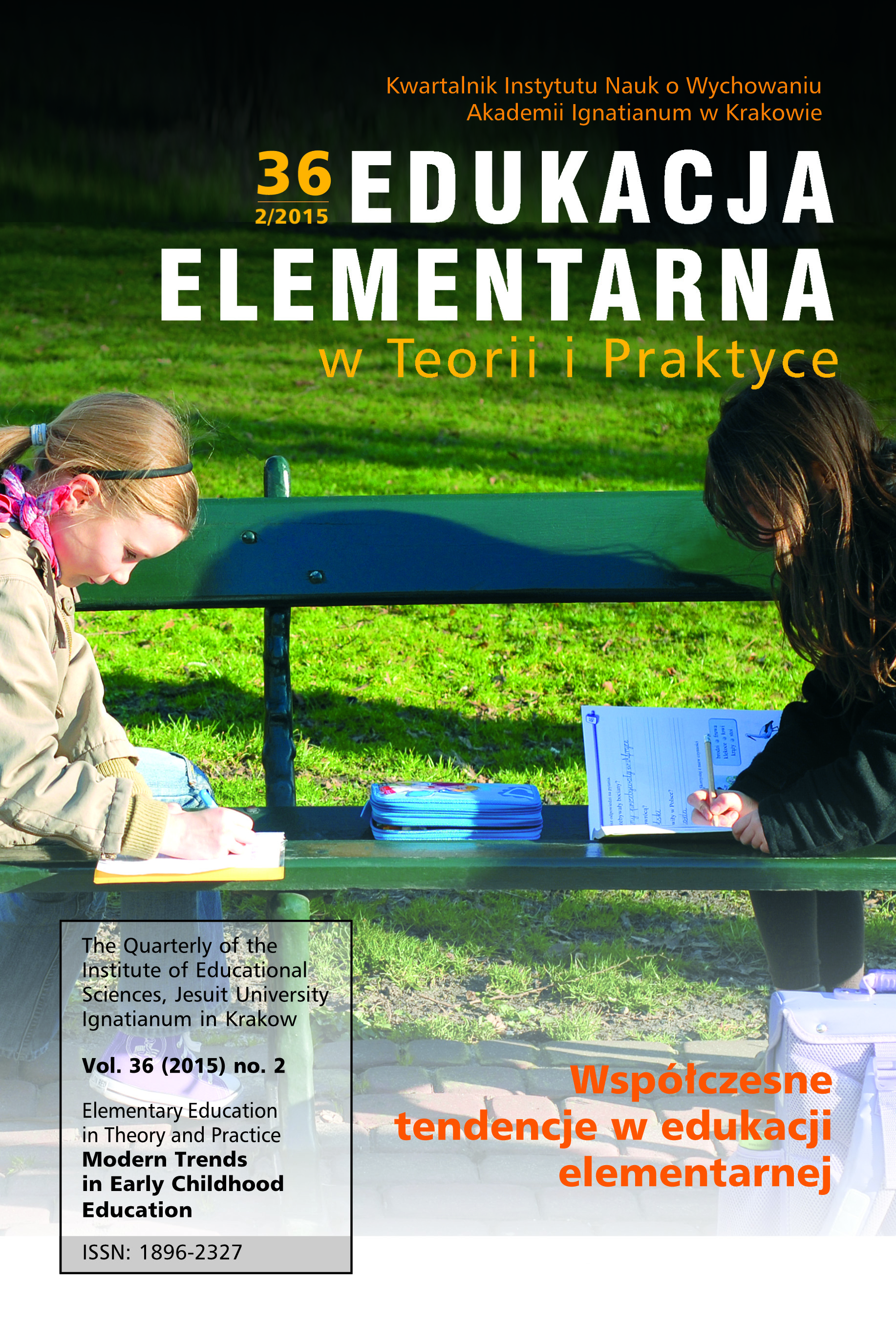
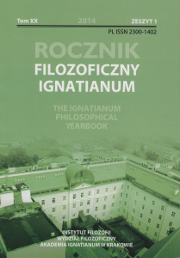
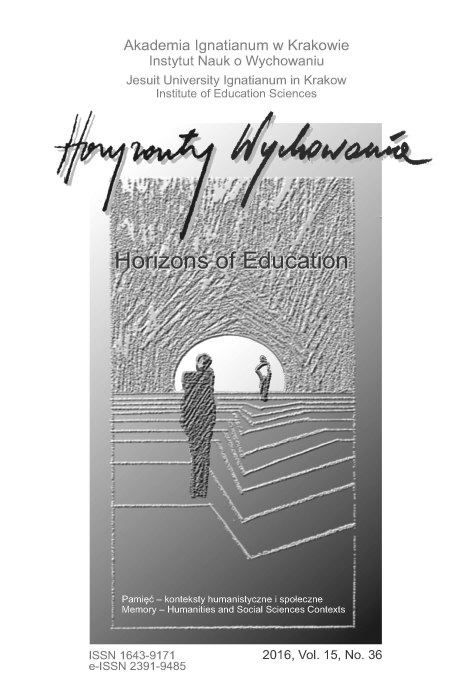
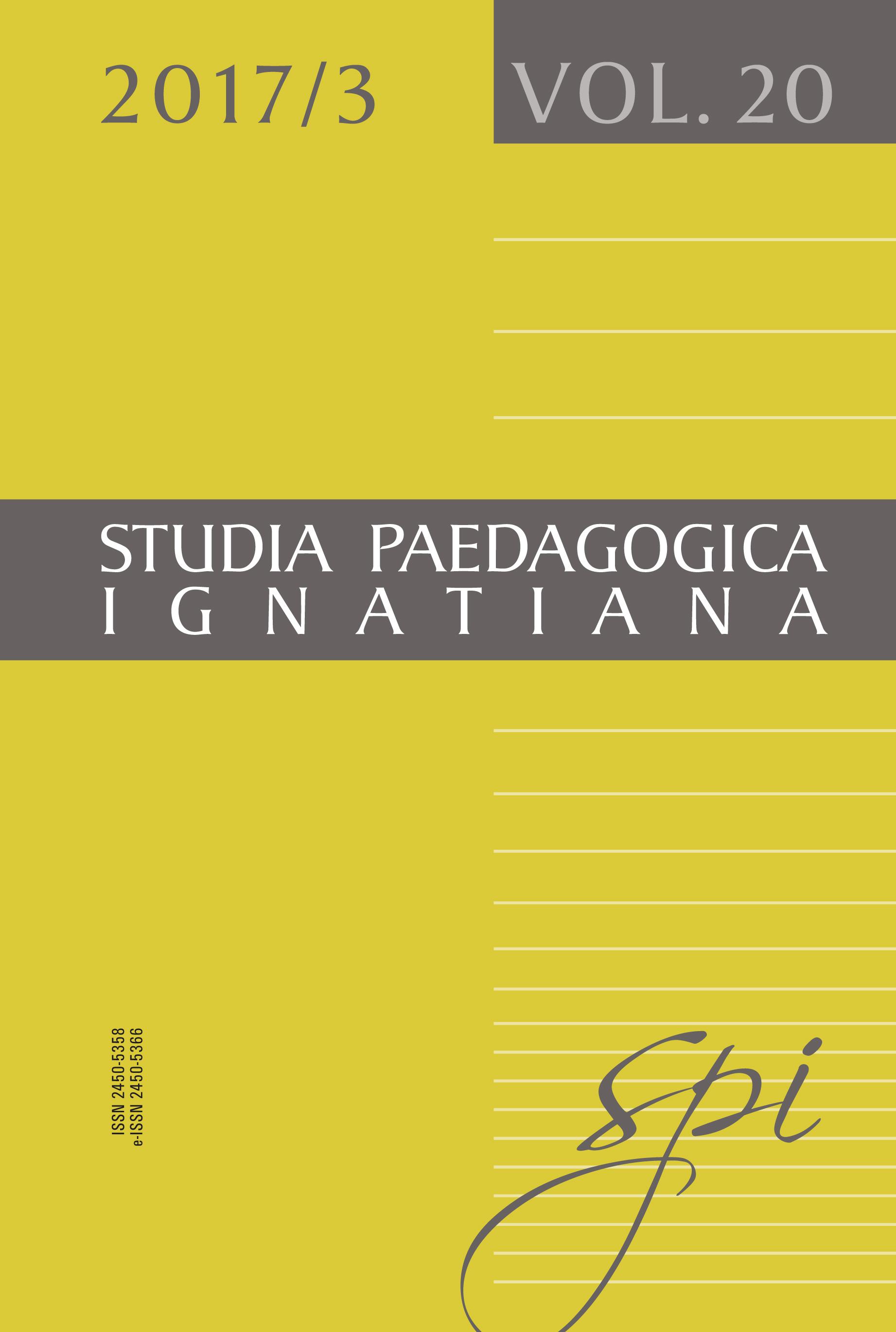
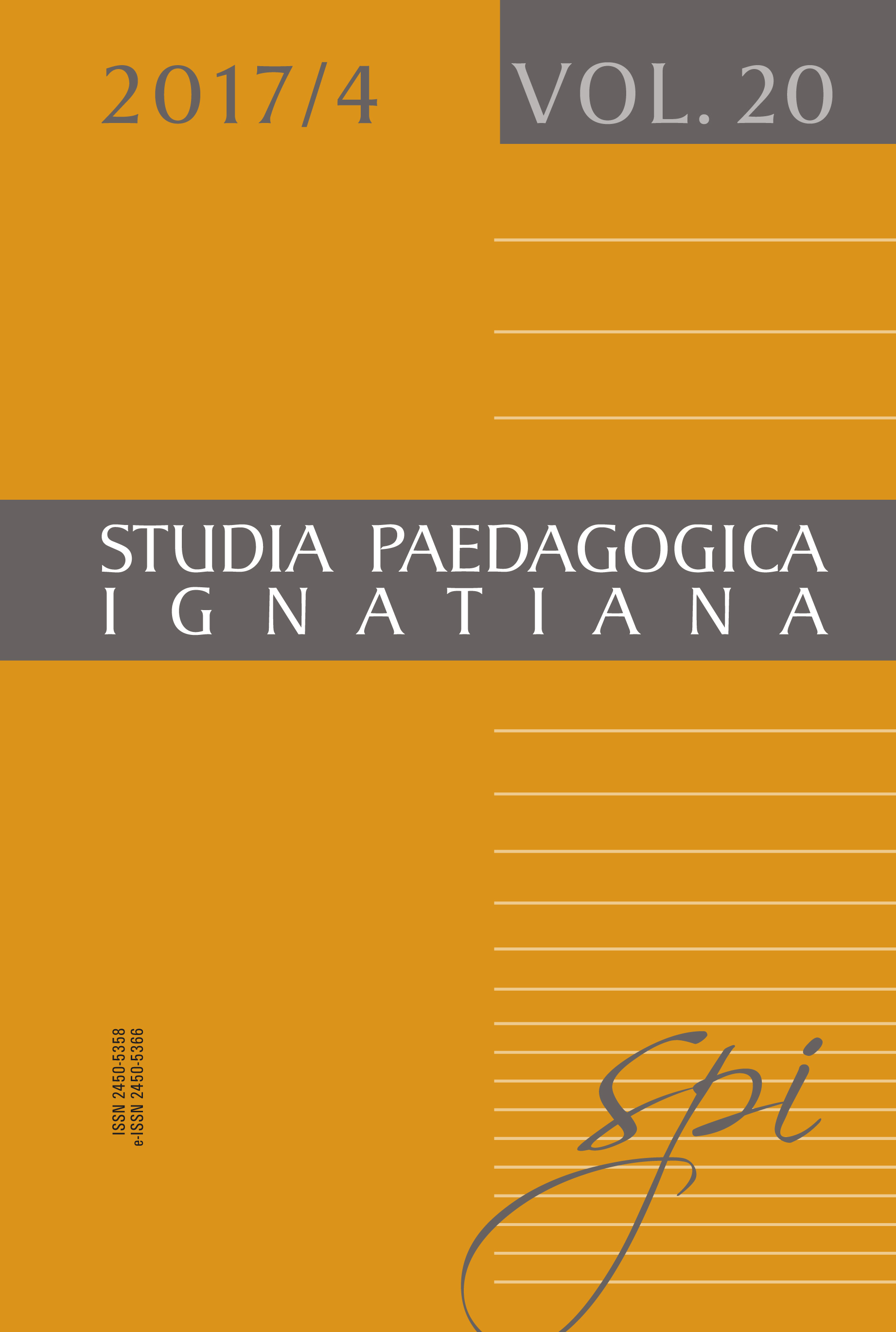
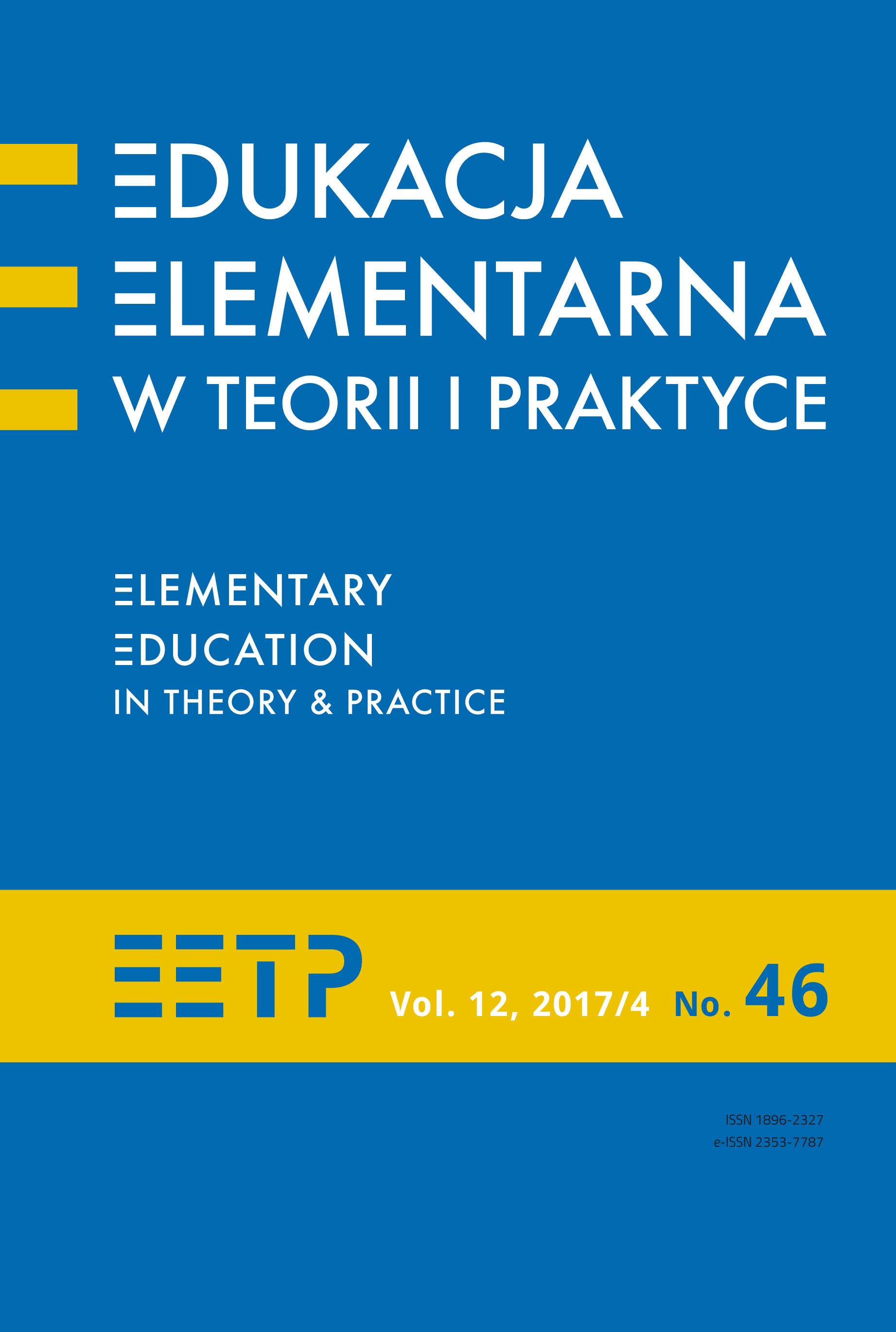
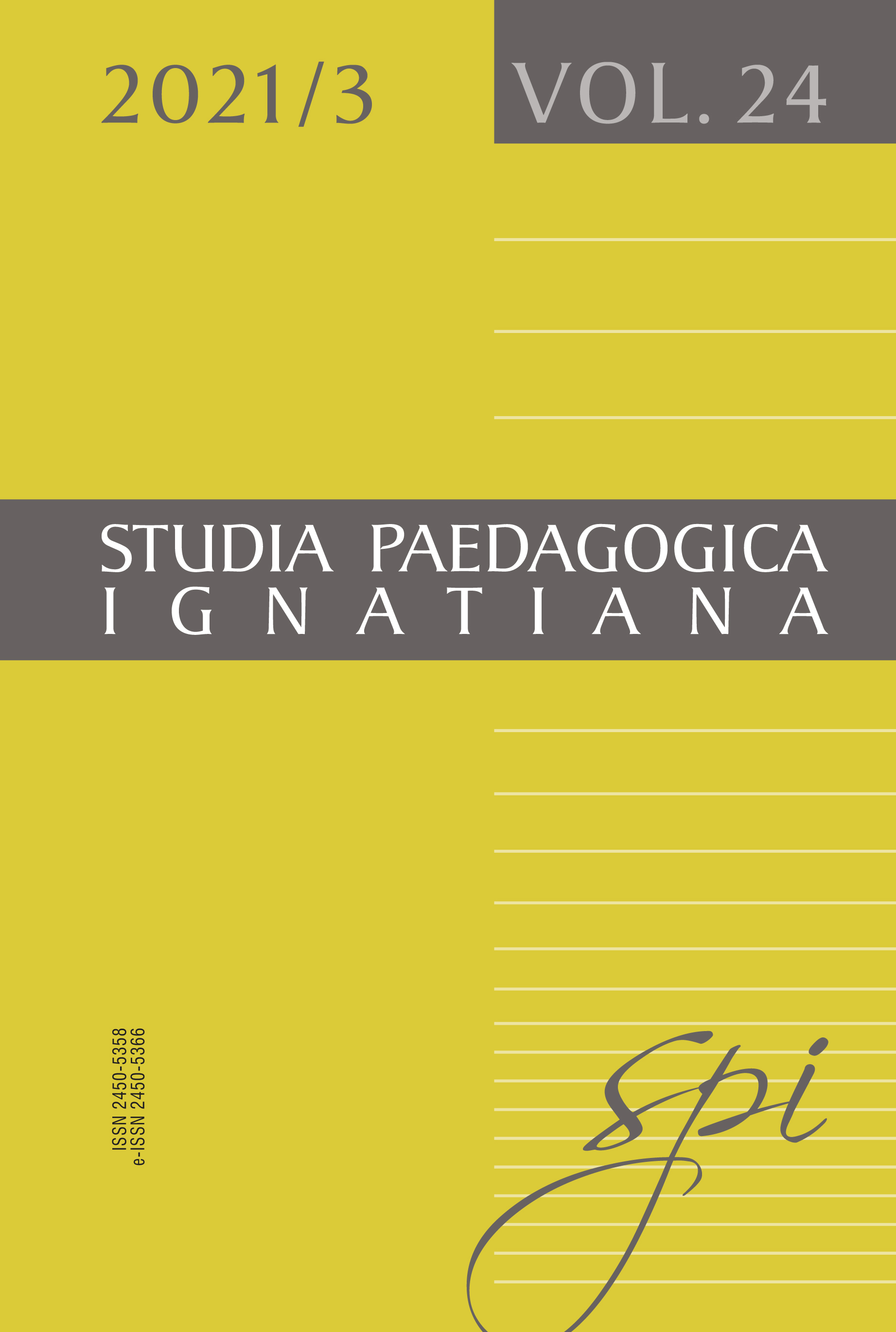
Recenzja książki: Eugeniusz Sakowicz (red.), Wychowanie i edukacja w kulturach, religiach i światopoglądach, Wydawnictwo Naukowe Uniwersytetu Kardynała Stefana Wyszyńskiego, Warszawa 2020, ss. 277.
More...
Recenzja książki: Małgorzata Kaliszewska, Takie Ujsoły. Taka ja. Próba autoetnografii, Wydawnictwo Uniwersytetu Jana Kochanowskiego w Kielcach, Kielce 2020, ss. 340.
More...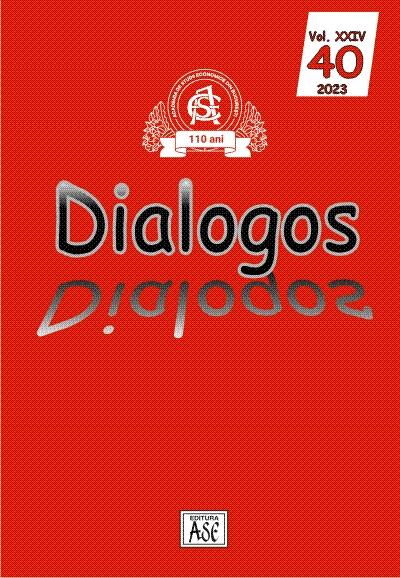
This study is conducted with the aim of showing the interest of authentic documents in the teaching of French in Burundi. Il starts from a problem according to which the level of the pupils drops more and more. The starting hypothesis is that authentic documents, which are an essential tool in the teaching of a foreign language, would not be used enough by teachers and that this would be one of the causes of the low level of students in French. Through a survey of teachers, this work was able to show the opinions of each other as well as their wishes and suggestions. It has been noticed that most teachers use only the book as a teaching document, which means that some skills are not developed. This state of affairs depends on the one hand on the teachers who do not make a lot of effort to complete the already existing book, but on the other hand, the situation depends on other factors including the lack of training in the use of these tools as well as technical and maintenance problems including the lack of electricity in the classrooms.
More...
Delivering an oral presentation requires mastery of all four language competencies. It also involves a thorough understanding of different linguistic registers and varieties. This involves focusing on non-verbal signs and gestures, with the precise aim of informing or persuading the audience. Therefore, evaluating these complex oral presentation skills can be challenging, especially if clear evaluation criteria are not established and followed through during the entire educational process.Our study aims (1) to identify an extensive educational assessment tool for oral presentation skills, and (2) to test the validity of this tool among our students during formative evaluation sessions. Our study involves two groups of university undergraduate students learning English for Specific Purposes. They are from the Bucharest University of Economic Studies, Romania, and the Technical University of Sofia, Bulgaria. Looking at the assessment intention from a communicative approach, in this research we stress the importance of the congruence between three educational stages – teaching, learning, and evaluation.
More...
The present article offers an overview of the role of statistics in the research of the youth language. Statistical research requires certain activities that include design, structuring, collecting and data preparation, followed by data analysis and interpretation. The main goal of this paper is to show how statistical instruments can be used to synthesize and structure data material in the most direct and intuitive way possible having as basis a ques-tionnaire investigation.
More...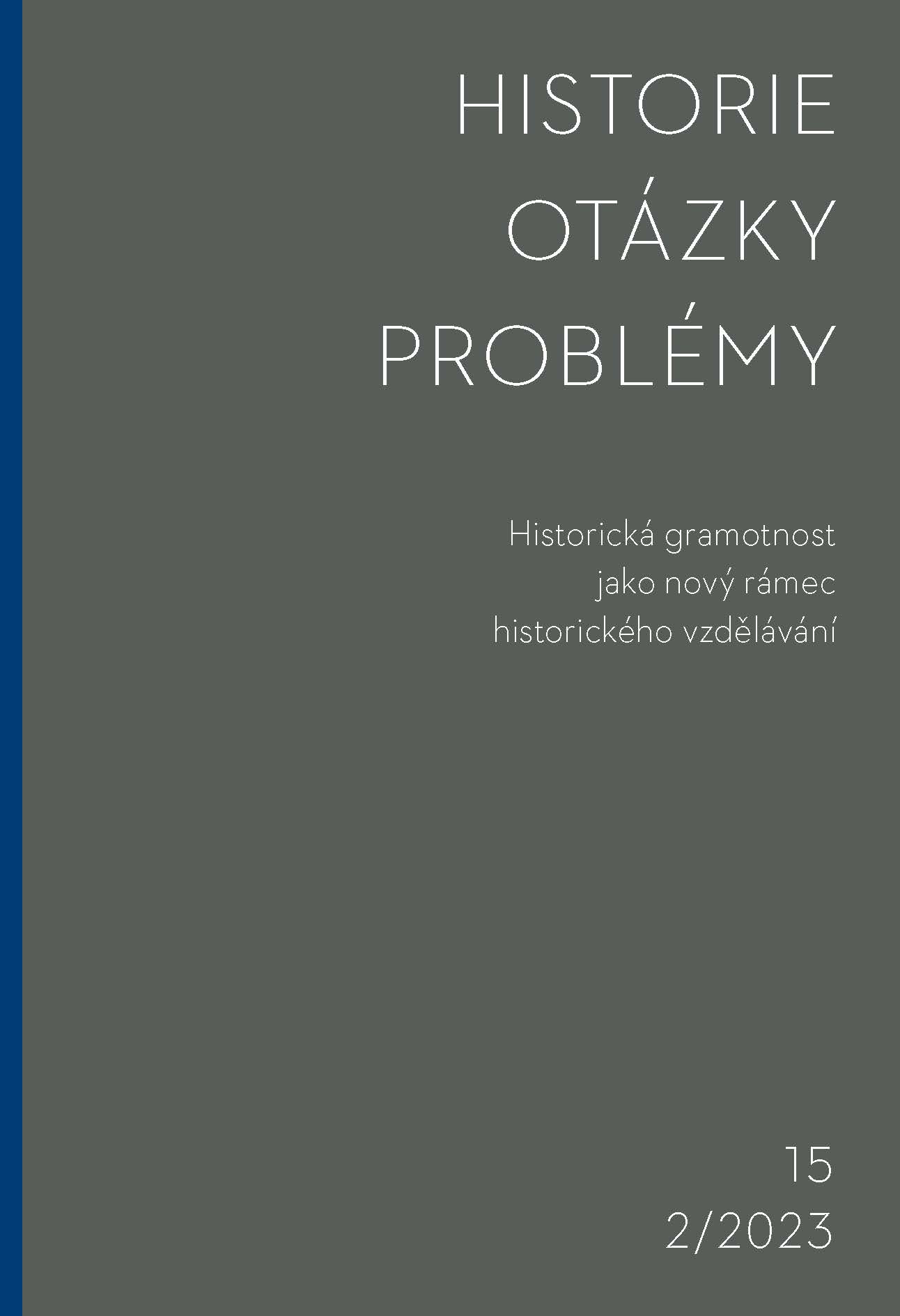
Pravděpodobně všichni přítomní známe tradiční pětibodovou stupnici školního hodnocení od jedné (výborné) do pěti (nedostatečné) z dob, kdy jsme sami chodili do školy. Tato tradiční stupnice byla doplněna o nové pojmy, jako je například ten, že žák zvládl cíl formulovaný očekávaným výstupem apod., ale v zásadě se shodují s tradičním pojetím. Přesněji řečeno, pravidla hodnocení výsledků vzdělávání žáků vychází ze zákona č. 561/2004 Sb. a vyhlášky č. 48/2005 Sb. v aktuálních zněních.
More...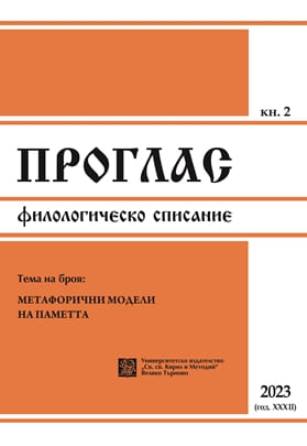
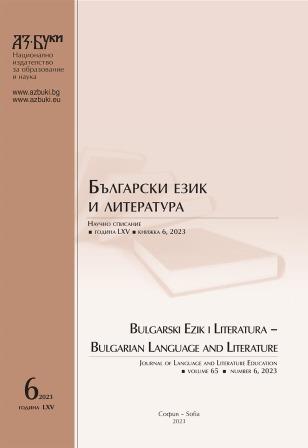

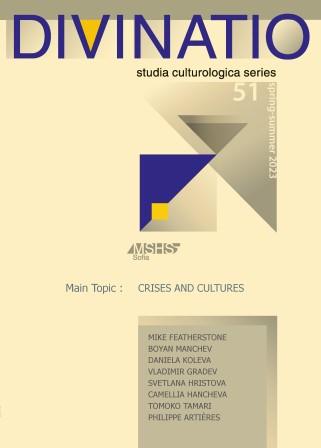
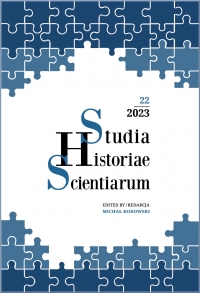
The activity of the PAU Commission on the History of Science in the academic year 2022/2023 was discussed.Lists of scientific meetings, conferences, scientific sessions and seminars as well as new publications were presented.
More...